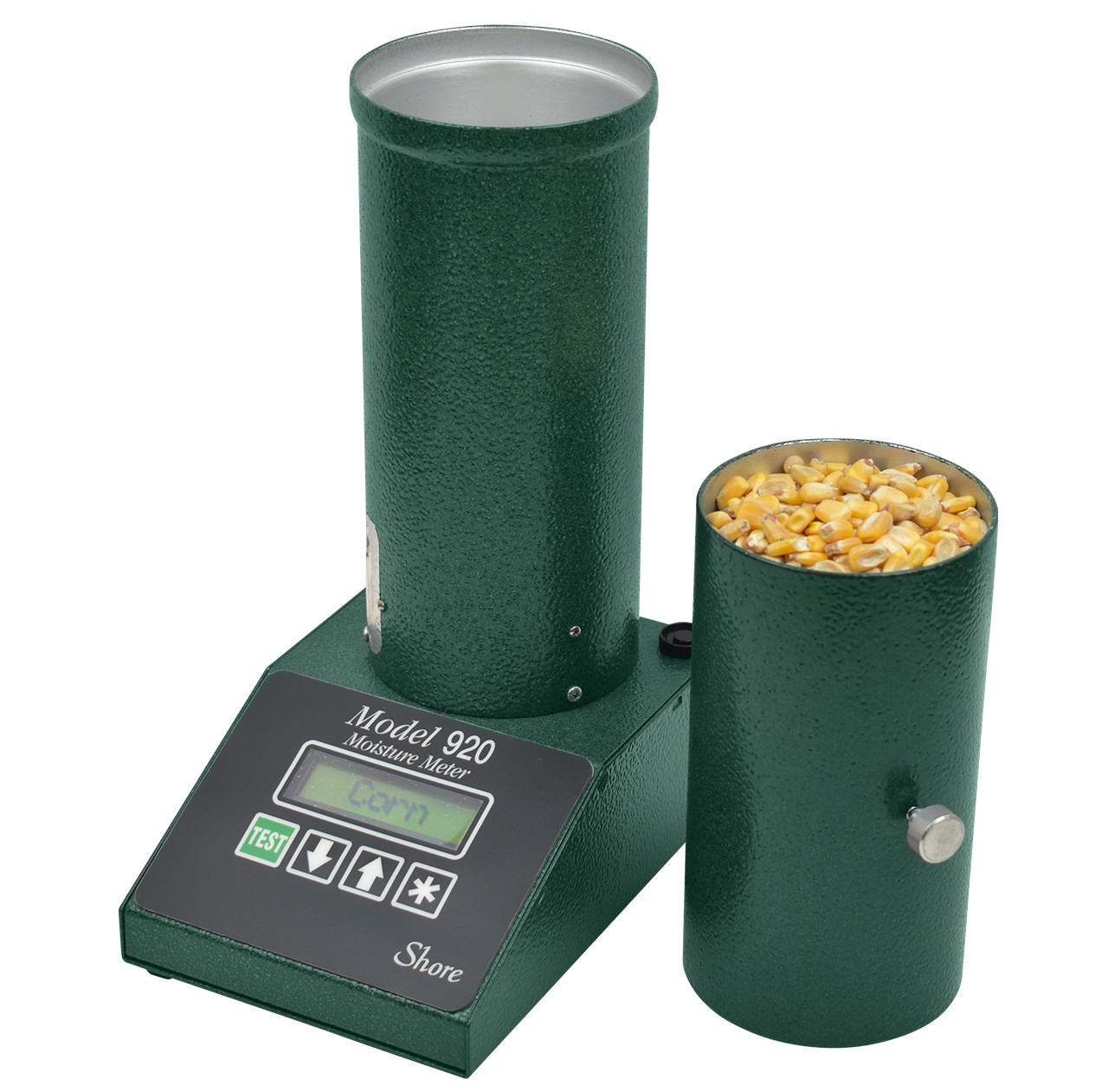Recognizing the Different Sorts Of Moisture Meters and Their Applications
Recognizing the Different Sorts Of Moisture Meters and Their Applications
Blog Article
The Ultimate Overview to Wetness Meters: A Comprehensive Summary and How They Can Conserve You Money
Wetness meters offer as crucial devices in spotting and monitoring moisture material in products, aiding in avoiding pricey problems and ensuring the high quality of items. Understanding the nuances of various kinds of moisture meters, their applications, and the possible cost-saving advantages they provide can be a game-changer for organizations and professionals alike.
Kinds Of Dampness Meters
One common type is the pin-type dampness meter, which determines the electrical resistance in between 2 pins placed into a material. Pinless moisture meters, on the other hand, usage electro-magnetic sensing unit plates to check a larger area without causing damage to the product's surface area.

Infrared wetness meters measure the thermal buildings of a material to establish its moisture material non-invasively, making them valuable for applications where pin or pinless meters may not be ideal. Recognizing the different kinds of moisture meters offered can aid industries select the most proper device for their particular dampness dimension needs.

Advantages of Using Moisture Meters
Dampness meters provide invaluable benefits in properly analyzing and monitoring wetness degrees in diverse materials and settings. One of the key advantages of utilizing moisture meters is the avoidance of prospective damage caused by excess dampness.
Additionally, making use of moisture meters can lead to boosted power effectiveness. In farming settings, wetness meters play a crucial function in maximizing plant returns by allowing farmers to check soil wetness degrees and make informed irrigation decisions.
Just How to Select the Right Wetness Meter
When choosing a dampness meter, it's crucial to make certain that the meter is appropriate for the specific material you will be screening. Various materials have differing electric residential properties that can affect dampness analyses, so selecting a meter made for your product is essential for accurate outcomes. By very carefully reviewing these elements, you can pick a wetness meter that fulfills your requirements and supplies accurate moisture dimensions for your jobs.
Proper Methods for Moisture Meter Usage

Expense Financial Savings Via Moisture Meter Applications
Exactly how can the calculated usage of wetness meters result in significant cost financial savings across various industries? Dampness meters play an essential role in price financial savings by protecting against possible damages and making sure high quality control in different sectors. In the farming market, moisture meters help in establishing the ideal time for collecting plants, stopping excess or over-drying moisture that can impact the end product's top quality. This specific surveillance helps farmers prevent unneeded losses and maximize their return.
In a similar way, in building, dampness meters next page assist protect against expensive problems by discovering moisture levels in structure materials, such as wood or concrete, which can bring about structural concerns if not resolved immediately. By recognizing trouble locations early, professionals can take why not find out more rehabilitative steps to avoid extensive fixings or replacements, eventually conserving money and time.
Additionally, in the food handling sector, moisture meters are crucial for monitoring item top quality and ensuring compliance with safety and security laws. By accurately gauging wetness content in foodstuff, suppliers can prevent putridity, preserve quality, and reduce waste, resulting in considerable expense financial savings. Generally, the critical application of dampness meters is a valuable investment that can result in significant expense decreases and enhanced effectiveness across different markets.
Final Thought
In final thought, moisture meters are beneficial tools for determining and detecting dampness levels in numerous materials. By making use of the ideal moisture meter and complying with correct methods, customers can successfully stop costly problems caused by excess dampness.
Moisture meters offer as essential my review here devices in spotting and monitoring moisture web content in materials, helping in preventing expensive problems and guaranteeing the top quality of items. Infrared wetness meters measure the thermal homes of a product to determine its dampness web content non-invasively, making them helpful for applications where pin or pinless meters might not be ideal.Moisture meters provide important benefits in properly assessing and monitoring dampness degrees in diverse materials and atmospheres. In farming setups, moisture meters play an important function in maximizing plant returns by enabling farmers to keep an eye on dirt dampness levels and make informed irrigation decisions.In final thought, dampness meters are beneficial tools for measuring and detecting dampness levels in different products.
Report this page